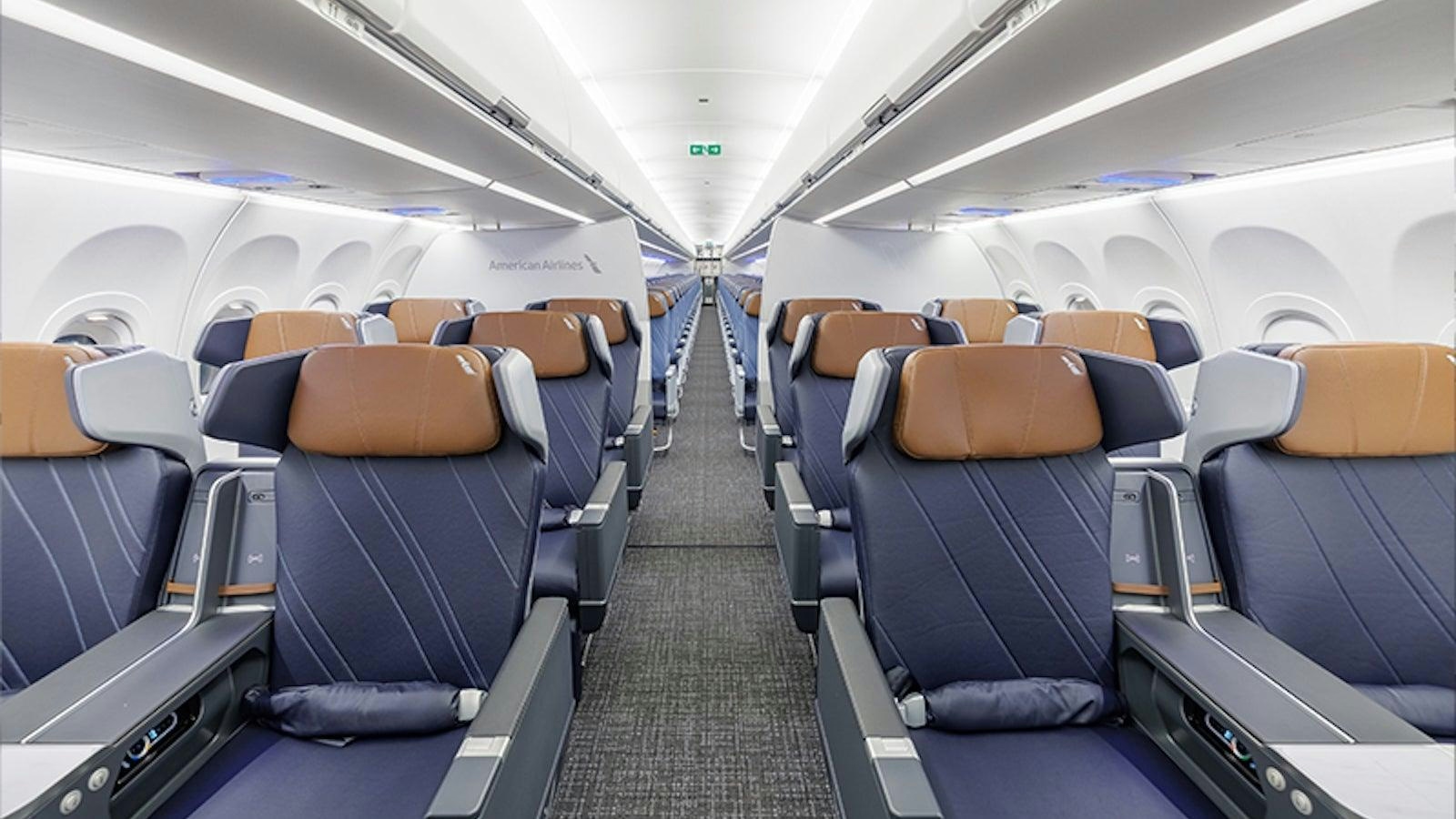AeroGenie — Your Intelligent Copilot.
Trending
Categories
American Airlines Introduces New A321XLR Aircraft

American Airlines Introduces the Airbus A321XLR Amid Supply Chain Challenges
American Airlines has become the first major U.S. carrier to take delivery of the Airbus A321XLR, a long-range narrow-body aircraft designed to enhance its premium travel offerings. The new jet, which recently arrived at Dallas-Fort Worth International Airport from Hamburg, Germany, features an extended range of approximately 5,400 miles. This capability positions the airline to serve both transcontinental routes and, in the future, transatlantic flights.
Premium Experience and Service Enhancements
The A321XLR is scheduled to enter commercial service on December 18, operating between New York’s John F. Kennedy International Airport and Los Angeles International Airport. American Airlines has configured the aircraft with a unique three-cabin layout, comprising 20 Flagship Suite seats, 12 premium economy seats, and 123 main cabin seats. This configuration distinguishes American as the only global carrier to offer such a premium three-class setup on this aircraft model.
Passengers in the Flagship Suite will benefit from priority check-in, expedited security, boarding, and baggage handling, as well as exclusive access to the Greenwich Lounge at JFK. Premium economy travelers will receive enhanced amenities, including personal kits, privacy headrests, lumbar pillows, blankets, wireless charging, and hot meal options. Flagship Suite customers will enjoy multicourse meals paired with award-winning wines, underscoring the airline’s commitment to a refined travel experience.
Heather Garboden, American’s chief customer officer, highlighted the aircraft’s design focus on comfort and style for long journeys. She emphasized the airline’s pride in being the first U.S. operator of the A321XLR and its dedication to delivering a premium experience for both coast-to-coast and transoceanic travelers.
Navigating Industry-Wide Supply Chain Disruptions
The introduction of the A321XLR comes amid persistent supply chain disruptions affecting the aviation industry. American Airlines has encountered delays in production and delivery, pushing initial A321XLR arrivals from 2023 to an anticipated date by the end of 2025. In response, the airline has been training pilots for future transatlantic operations using its existing A321neo fleet while managing challenges related to seat supply.
These setbacks have moderated some of the initial enthusiasm surrounding the aircraft’s rollout, with market reactions remaining cautious as competitors evaluate their fleet strategies amid ongoing uncertainties. Despite these challenges, the A321XLR’s arrival represents a critical component of American’s broader strategy to expand its premium product offerings and strengthen its competitive position against rivals such as Delta and United.
Strategic Growth in Premium Travel
American Airlines recently reported record third-quarter revenue of $13.7 billion, although it posted a net loss of $114 million, which was less severe than analysts had predicted. Earlier this year, the airline also introduced its signature premium product on the Boeing 787-9 Dreamliner, further signaling its focus on the premium travel segment.
CEO Robert Isom underscored the importance of this market, noting that new aircraft deliveries and fleet reconfigurations will enable American to increase premium seating at nearly twice the rate of main cabin seats. He also projected a 50% expansion in lie-flat seating by the end of the decade. “We have a fleet that is tailored to meet the needs of premium leisure and corporate travelers, and we’re committed to offering a product that attracts those customers,” Isom stated.
As American Airlines contends with supply chain headwinds, the arrival of the A321XLR marks a significant milestone in its efforts to redefine premium travel and maintain a competitive edge in a rapidly evolving industry.

Emirates Unveils Cabin Design for New Boeing 777X

Eighteen Years On, the Airbus A380 Remains Central to a $34 Billion Airline

How a boom in luxury airline seats is slowing down jet deliveries

Navitaire Outage Attributed to Planned Maintenance

DigiYatra Debuts Outside Aviation at India AI Impact Summit

Vietnam Orders Strengthen Boeing’s Commercial Outlook

Airbus Signals Uncertainty Over Future A400M Orders

JobsOhio Awards $2 Million Grant to Hartzell Propeller for Innovation Center

Collins Aerospace Tests Sidekick Autonomy Software on YFQ-42A for U.S. Air Force CCA Program

How the Airbus A350-1000 Compares to the Boeing 777
